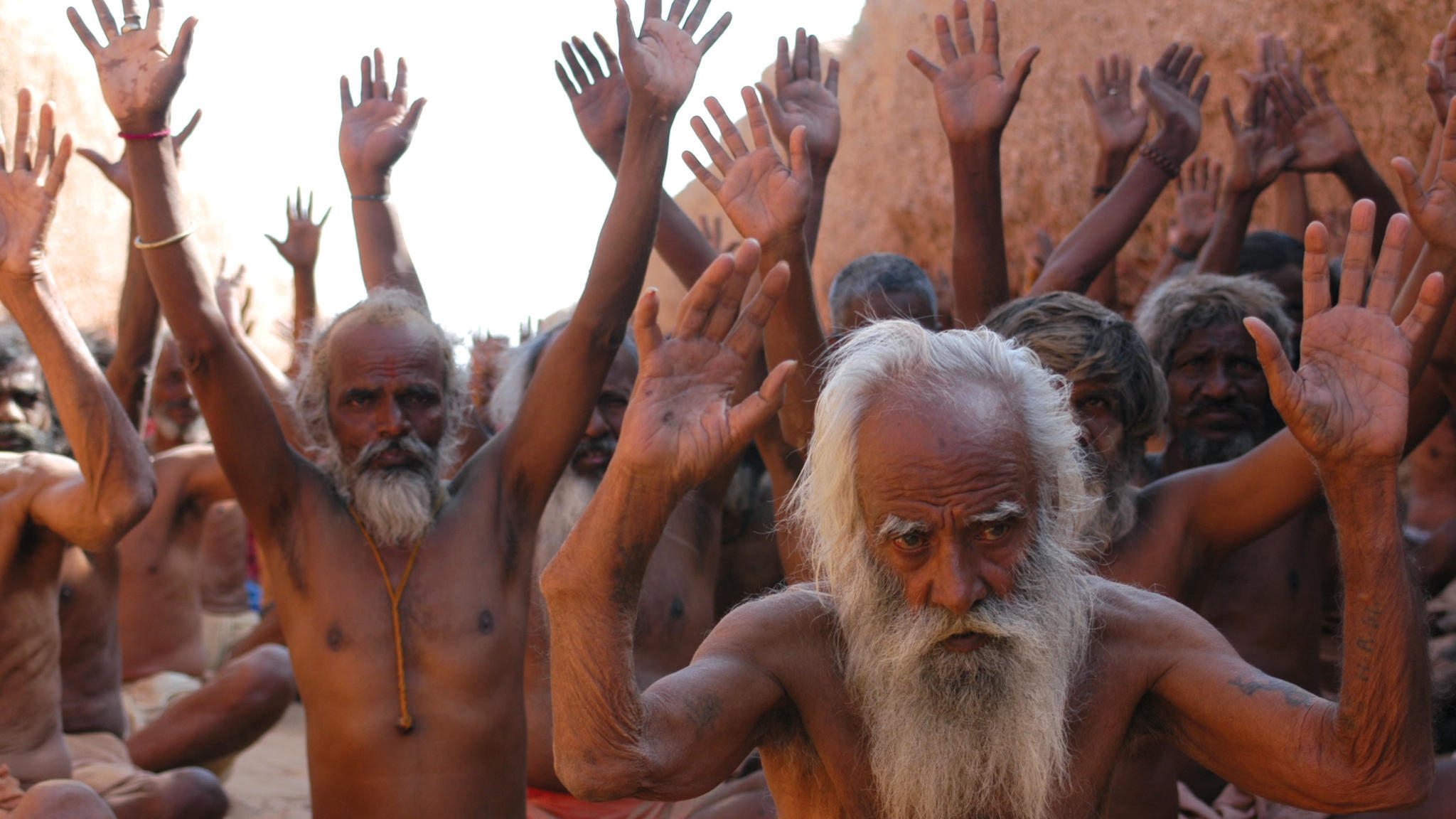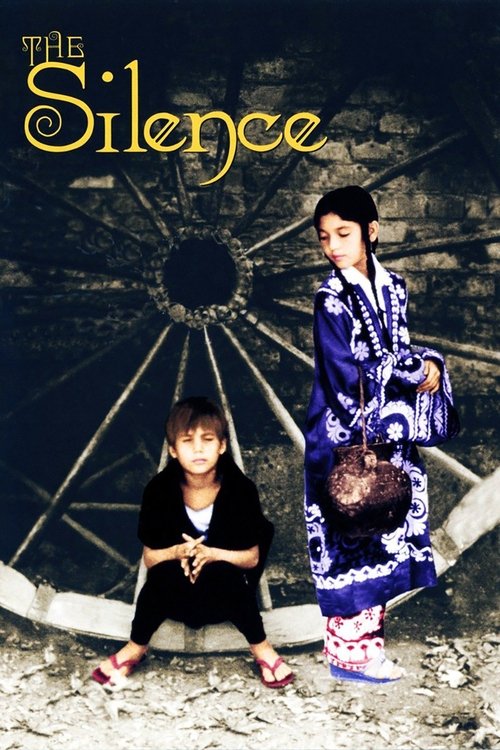
2006
Scream of the Ants
Drama, Adventure
6.0
User Score
11 Votes
Status
Released
Language
fa
Budget
$0
Production
Wild Bunch, Makhmalbaf Film House Productions
Overview
A girl believing in God marries an atheist, who is consumed by doubt. They decide to spend their honeymoon in India...
Review
CRCulver
4.0
Mohsen Makhmalbaf had gradually won acclaim in his native Iran and eventually stood among the foremost representatives of Iranian cinema, but starting in the late 1990s he began to shoot abroad, keen to make films more daring than what his country's censors would allow, and in search of themes that, underneath the exotic locale, might have some universal meaning.
<i>Scream of the Ants</i>, shot in India in 2006, is one of these. An Iranian married couple goes to India in search of a "perfect man" whose guidance the wife's meditation teacher recommended. The wife (Mahnour Shadzi) believes in India's spiritual promise and that its poor multitudes are happier than those with money. The husband (Mamhoud Chokrollahi) is a skeptic, who finds it hard to swallow claims of divinity and believes India's poor masses would benefit from a communist revolution.
The film tracks the pair through a series of poetic scenes that are more Makhmalbaf's fantasy of India than any claim to documentary realism. The subcontinent is wildly mixed, for example, with a Tibetan monk wandering the deserts of Rajastan. One can understand Makhmalbaf's lack of interest in grappling with Indian culture as it is, because the tension between the two married foreigners is where the drama really lies. Nonetheless, the "profound spiritual wisdom" that they finally receive in this exotic country, which must have stemmed mainly from Makhmalbaf's own imagination, is pretty cheap and cliche. As the couple reaches the climax of their journey in Varanasi along the Ganges, it is actually a German man (who dropped out of European society to become a seeker in India) who has the role of describing Indian religion. This makes one wonder if Makhmalbaf simply couldn't find any Indians willing to help because his overall approach was offensive to them.
Another flaw of the film lies with its acting, or rather the lack thereof. Makhmalbaf's brand of cinema is extremely tolerant of wooden delivery, perhaps because the characters are often speaking in English which native Iranian audiences wouldn't always understand. Yet when the dialogue is already risible with these fortune-cookie insights, the actors delivering it in such a stilted fashion simply makes these scenes in the film repugnant to English-speaking viewers.
<i>Scream of the Ants</i> is overall a misstep, but it still holds some interest for cinephiles who have seen other Makhmalbaf films. Some of the poetry and humor here is engaging, even if it is not much. Also, this is a surprisingly sexually daring film, with female nudity, something which I mention not to exhort viewers to prurience but rather because it is interesting that this director now wanted to explore these areas.
Read More 



